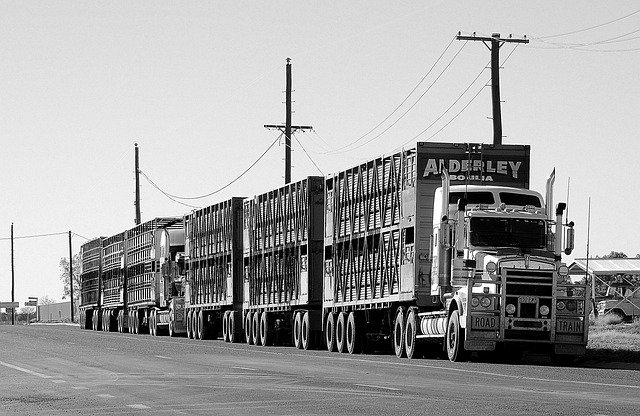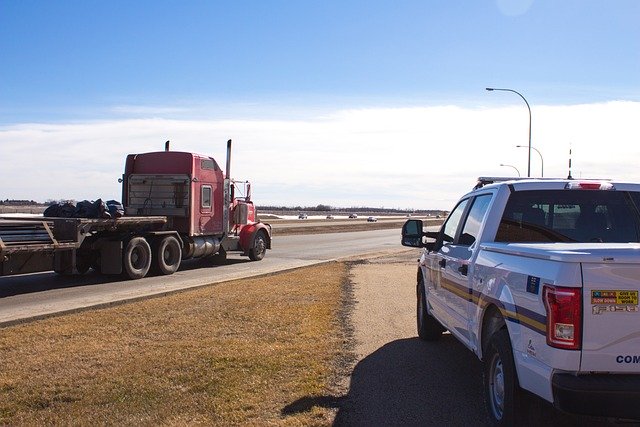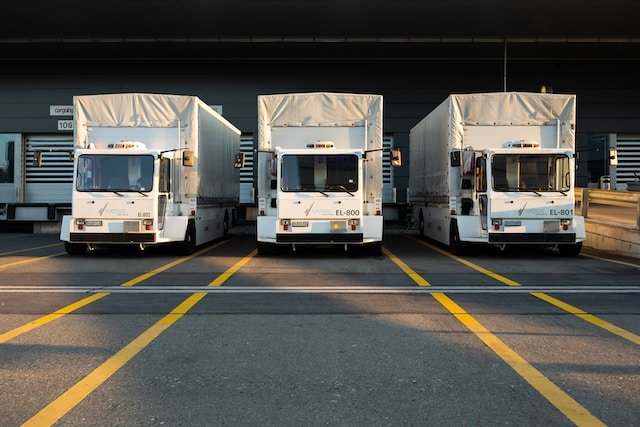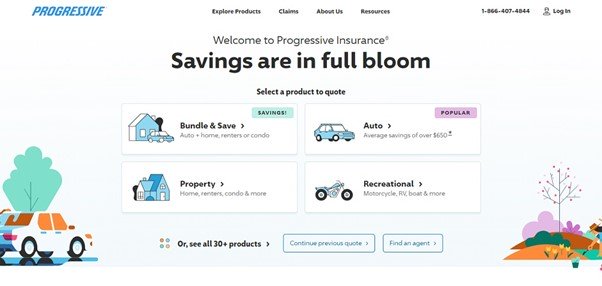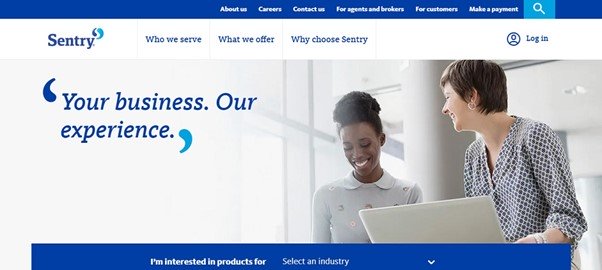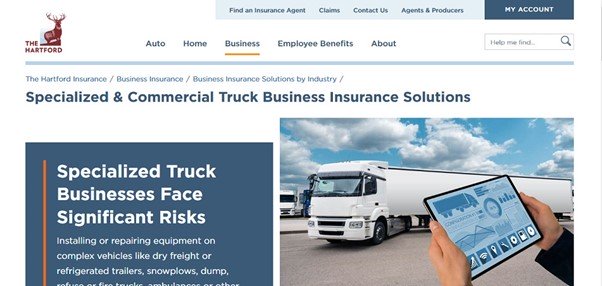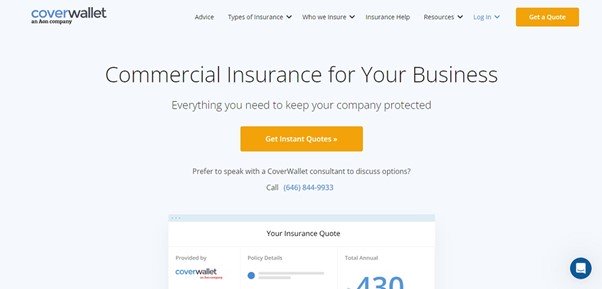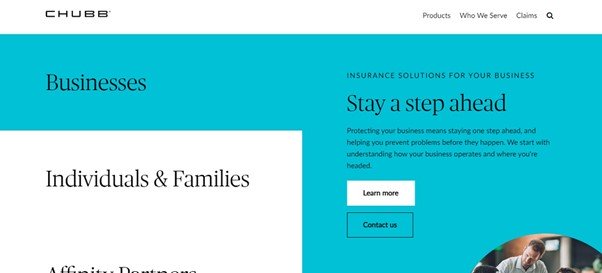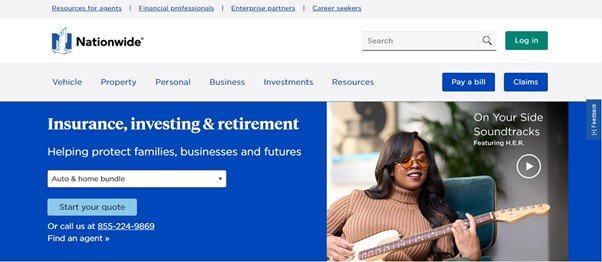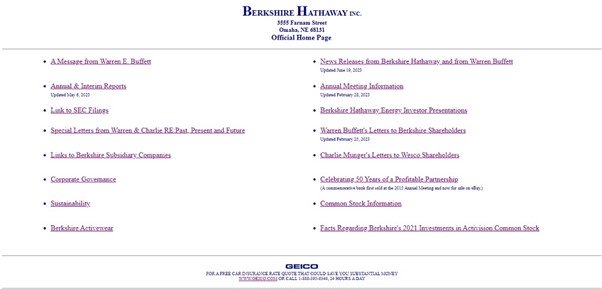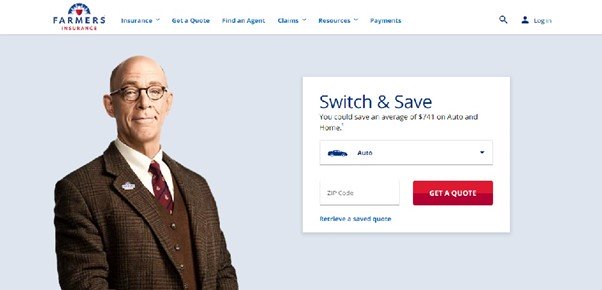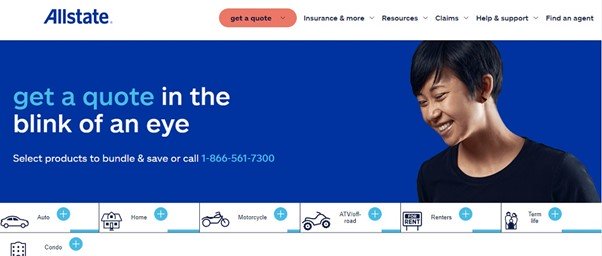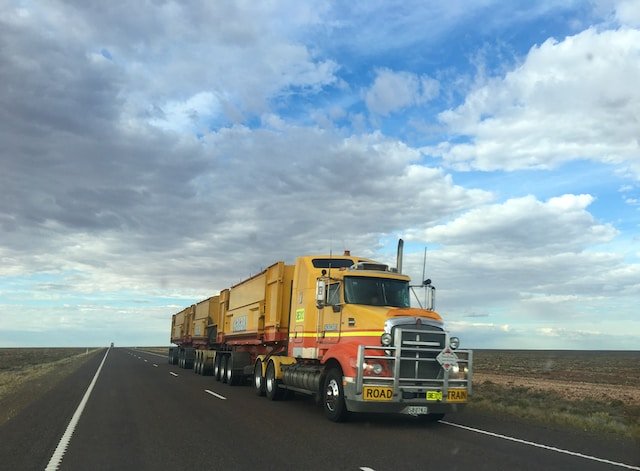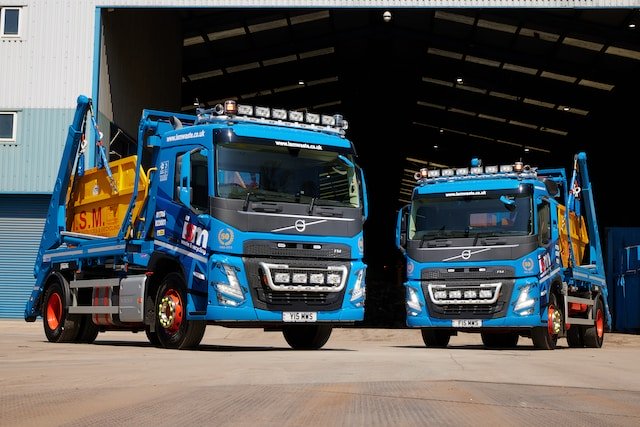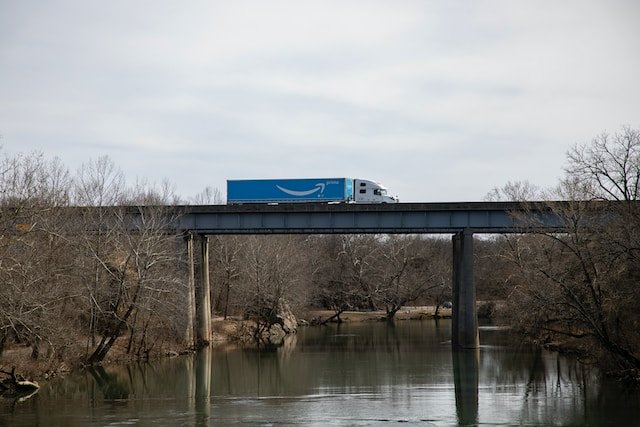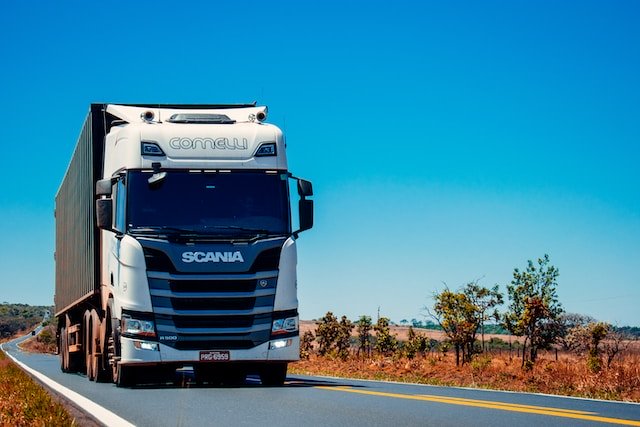There’s a lot of risk involved in running a semi-truck business. Of course, one of the main risks is ending up in a semi-truck accident.
Experiencing a truck accident can be a traumatic experience. Depending on the accident, you could face all kinds of issues – such as damage to your vehicle, injuries, and a pause in your business operations. This is why it’s so important to know exactly what to do after experiencing an accident.
Even though you may be shaken up, following the right step after a semi-truck accident is essential. Doing so will help you with your well-being, as well as any potential legal claims you might make.
So if you experience a semi-truck accident of any scale, be sure to follow the steps below.
After a Semi Truck Accident: Top Steps
Focus On Safety
The first and most important step after a semi-truck accident is to make sure that everyone involved in the accident is safe. Assess your condition and check up on the condition of anyone else involved in the accident. Passenger vehicles should first check that everyone in the vehicle is safe, and make note of any serious and minor injuries.
If possible, move the semi-truck to a safe location away from traffic for public safety. Make sure to turn on your hazard lights to alert any other drivers of the accident.
If you are injured or unable to move, try to remain still until help arrives. The same applies to any passengers that might be in the semi-truck. If you need to tend to any serious injuries, try to first get guidance from emergency services over the phone.
Contact Emergency Services
Call emergency services immediately to report the accident and request medical assistance if anyone involved in the accident needs it. The police will also arrive at the scene to document the incident and prepare an accident report, which is important for insurance purposes.
You may also need to arrange for a tow truck to come to clear the accident scene. Of course, semi-truck crashes involve large vehicles, so you may need a special commercial truck towing service.
Gather the Right Information
As soon as everything is safe at the scene of the accident, the next step is to gather all of the necessary information about the accident. This is important for reporting semi-truck accidents and making sure you have all of the facts for doing this.
Collect information from all parties involved in the accident, including the semi-truck driver, witnesses, and passengers. If another commercial vehicle is involved in the crash, take down the details of the trucking company too.
Gather everyone’s names, contact details, driver’s license numbers, insurance information, and license plate numbers. While this may seem like a hassle straight after a semi-truck accident, having this information available is essential.
Document the Accident Scene
The next critical step in dealing with a semi-truck accident is making sure that you gather enough physical evidence about the crash. You’ll need this when reporting the accident and filing any insurance claims.
Use your phone to take pictures and videos of the accident scene. Capture the position of vehicles, damages sustained, skid marks, traffic signs, and any visible injuries. Having these visual records of the accident will make it a lot easier to file any claims and proceed with the legal aftermath of the accident.
When gathering this information, you’ll also need to make sure that you get the story straight for how the accident took place and which party was at fault. Ensure the evidence you gather can clearly depict this.
Notify Your Insurance Company
After commercial trucks have an accident, things can get expensive very quickly. The first thing you’ll want to do once the accident is cleared is notify our insurance company.
Report the accident to your insurance company as soon as possible. Provide them with accurate details of the incident and share the evidence you have gathered. By filing a claim quickly, you’ll have a far smoother claims process. Gaining compensation for any damages or injuries will also be a lot quicker.
Seek Medical Attention
You might not think you’re injured, but if you’ve been in a semi-truck accident it’s a good idea to seek medical attention.
Some injuries get worse over time, without showing full effect immediately. By going for a proper medical examination, you’ll detect any underlying issues which means you can treat them quickly.
Consult With a Lawyer
This isn’t always an absolutely necessary step, but consulting with an attorney certainly has its advantages after a semi-truck accident.
Consulting with an experienced personal injury attorney who specializes in semi-truck accidents is ideal. They will evaluate your case, protect your rights, and guide you through the legal process. An attorney will handle negotiations with insurance companies, gather evidence, and represent your best interests if litigation becomes necessary.
While you don’t always need a lawyer after an accident, you will want to work with one after a complicated incident.
Preserve Your Evidence
If there is a case and you need to work with a lawyer, then make sure you have all of your supporting evidence stored safely.
Preserve all evidence related to the accident, including medical records, accident reports, photographs, and witness statements. This evidence will be vital for supporting your insurance claim or potential lawsuit, should you pursue legal action against the responsible party.
Understand Your Legal Rights
On the topic of lawsuits and attorneys, it’s vital that you understand your legal rights after an accident. Know what you can and cannot do, and familiarize yourself with the specific laws surrounding semi-truck accidents in your jurisdiction.
Each state may have different regulations and statutes of limitations. Understanding your rights empowers you to make informed decisions regarding insurance claims and legal actions. Having enough legal knowledge also means you can proceed with the case faster and more efficiently.
File an Insurance Claim
Now you’ve got legal help, evidence of the semi-truck accident, and you’ve been in touch with your insurance company. The next step is to file an insurance claim with the at-fault party’s insurance company.
Provide them with all relevant information and evidence to support your claim. The more support documents you have, the better.
Insurance companies can be difficult to work with – especially in cases where large commercial semi-trucks are involved. This is why having good legal representation is so useful.
Negotiate a Settlement
A key part of the claims process is negotiating a settlement. If you work with an attorney, then they will negotiate with the insurance company on your behalf.
Try to reach a fair settlement that compensates you for property damages, medical expenses, and possibly lost wages. Of course, the settlement you reach will depend on the specifics of the accident and the commercial insurance company.
If you cannot reach a suitable agreement with the insurance company, then you may need to pursue a lawsuit. This is not ideal, but can be worthwhile depending on the accident.
Consider Legal Action
This isn’t always the case, but there are certain accidents where filing a lawsuit is necessary. You would do this to seek full compensation (which the insurance company isn’t offering) and to protect all of your rights.
If you do decide to take legal action, your attorney will guide you through the entire litigation process. They will represent your interests in court and work to get you the compensation you desire.
While filing a lawsuit can be very worthwhile, it really just depends on the specifics of your case. Each case is different, with some more suitable for lawsuits than others.
Complete Your Semi-Truck Repairs
There are plenty of legal challenges you have to face when dealing with a semi-truck accident. Despite all of this, you’ll still need to get your truck back on the road and your business back in operation as soon as possible. This will likely involve following through with semi-truck repairs.
You may need to rake out a semi-truck repair loan in order to do this if you are still waiting on the insurance settlement. In some cases, you may even need to replace the entire semi-truck completely. Knowing how to buy a semi-truck and find the right semi-truck financing is important here.
The sooner you get your truck repaired, the faster you can get past the accident and back on the road.
Conclusion
Experiencing a semi-truck accident can be an incredibly difficult event. However, following the right steps and knowing what to do after the accident will make the whole process a lot easier to manage. By taking the right steps efficiently, you’ll be able to get past the accident faster and more positively.
If you find yourself needing to purchase a new semi-truck after experiencing an accident, then it’s also important to understand what semi-truck financing options you have available. Get in touch with us at Mission Financial, where we can help any truck driver secure financing for the commercial vehicle of their dreams.

